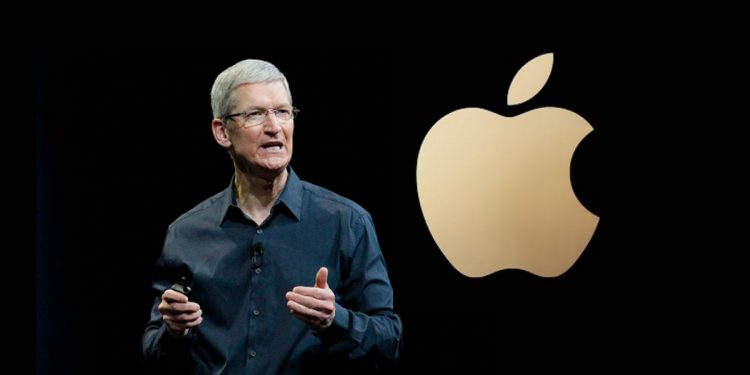KINSHASA, Democratic Republic of Congo
Apple “could not have been unaware” that its supply chain was contaminated with “blood minerals,” a lawyer representing the Democratic Republic of Congo said Tuesday.
The trial in the capital Kinshasa marks the first in a series of legal actions against major corporations. Robert Amsterdam of Amsterdam & Partners said Apple was chosen as a target due to its immense economic influence and its public messaging on environmental commitments, particularly claims of contributing to the preservation of the planet.
“Apple is one of the most symbolic targets because of its ubiquitous messaging about ‘doing good for the planet’,” he said.
The minerals in question – tin, tantalum, tungsten, and gold – are critical components in manufacturing electronic devices, including smartphones, tablets, and computers. These resources are primarily extracted from the Kivu region in eastern Congo, where armed groups, including the Rwandan-backed M23, maintain control over mining operations.
According to UN expert reports, M23 generates approximately $300,000 in monthly revenue through illegal taxes imposed on local mining activities.
The case raises serious questions about the reliability of mineral traceability systems, such as the International Tin Supply Chain Initiative program.
The initiative lost its validation from the Responsible Minerals Initiative nearly two years ago, yet some companies continue to cite it as proof of compliance despite its reported shortcomings.
Apple, responding to the allegations, acknowledged that like other technology firms, it indirectly sources minerals from Congo and neighboring Rwanda through a complex network of intermediaries, including trading posts, refineries, and smelters.
These intermediaries are expected to adhere to traceability standards set by the Organization for Economic Cooperation and Development (OECD).
Congolese authorities have filed lawsuits against Apple subsidiaries in France and Belgium, accusing the company of complicity in war crimes, money laundering, and consumer deception. The legal action highlights efforts to expose the role of multinational corporations in exploiting minerals from conflict zones.
The conflict in eastern Congo is rooted in decades of instability, armed group activity, and competition over valuable resources. The region, rich in tin, tantalum, tungsten, and gold – often referred to as “conflict minerals” – has been a center of violence and illegal mining.
Armed groups such as the M23 exploit these resources to fund operations, imposing illegal taxes and controlling mines.
International corporations’ involvement in the region has come under growing scrutiny, as these minerals enter global supply chains, indirectly fueling the ongoing conflict. While traceability systems aim to ensure ethical sourcing, they have demonstrated significant weaknesses.
Congo’s lawsuit against Apple underscores mounting efforts to hold multinational corporations accountable for their direct or indirect role in perpetuating cycles of conflict and exploitation.






